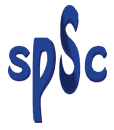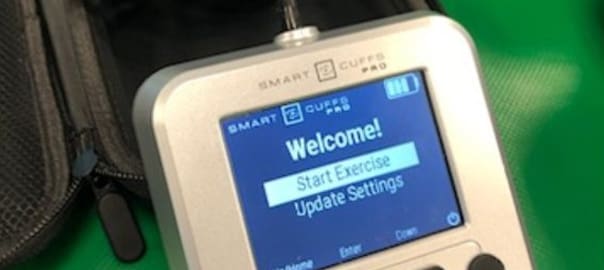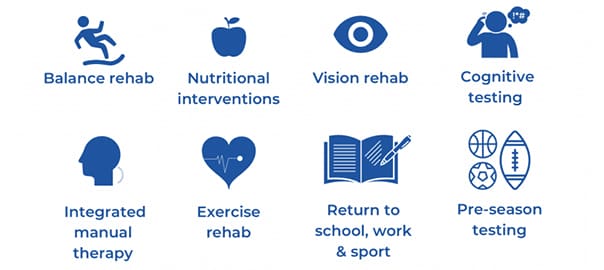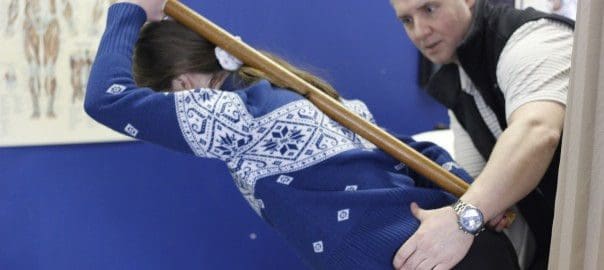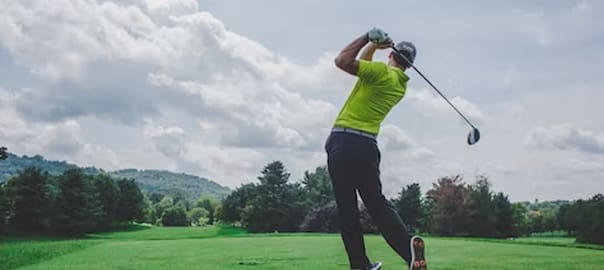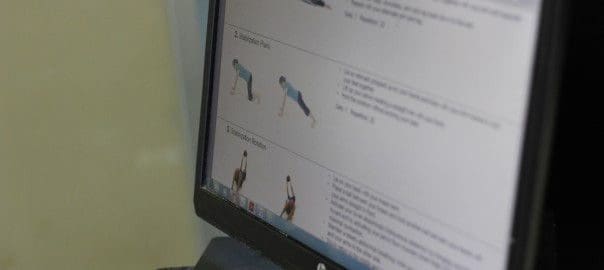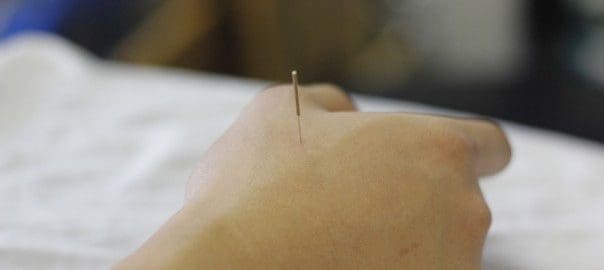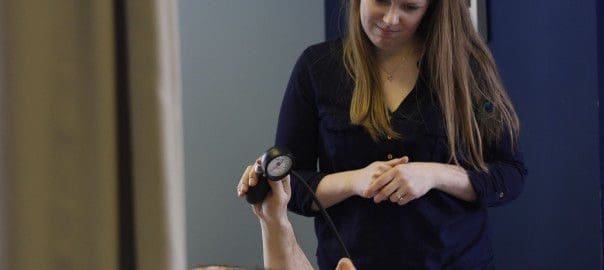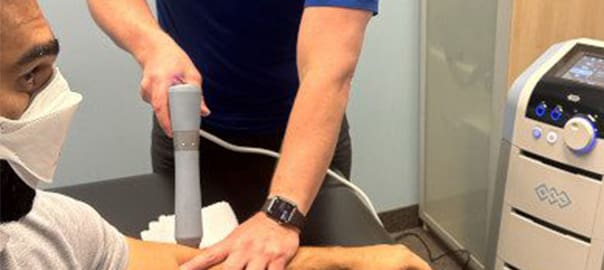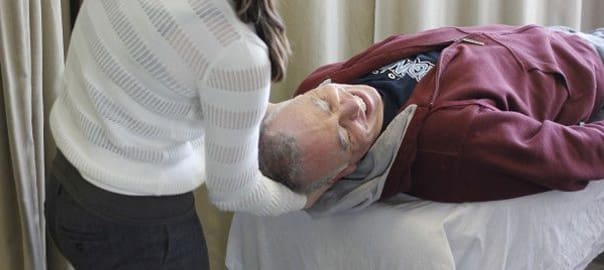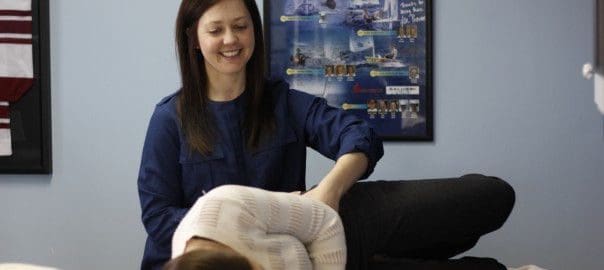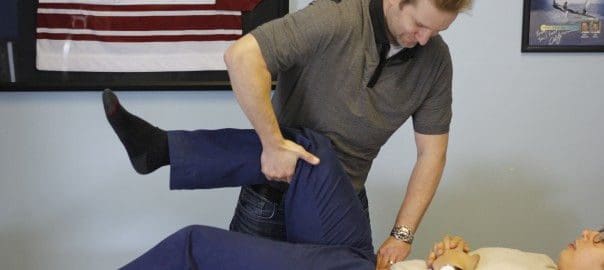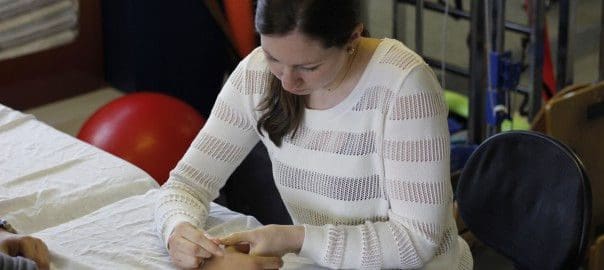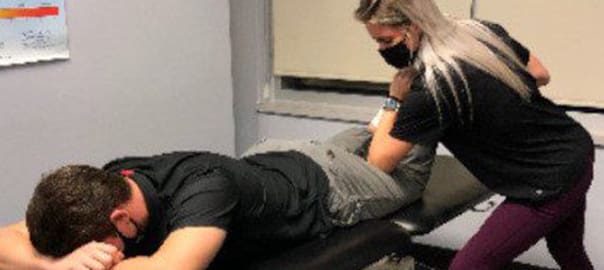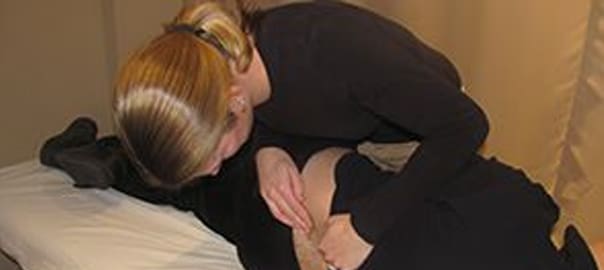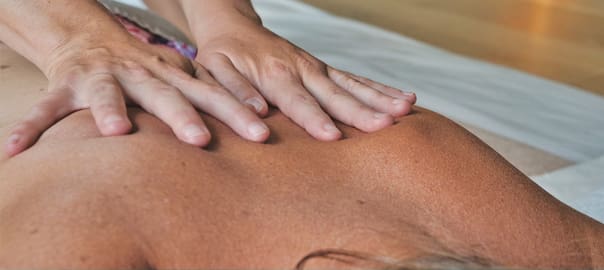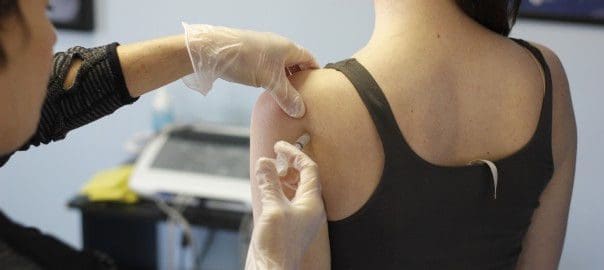Services
Other Specialty Services
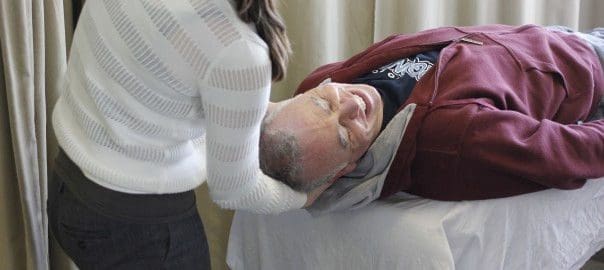
Vestibular Rehabilitation Therapy in Oakville and Burlington
Vestibular Rehabilitation Therapy (VRT) is a specialized therapeutic approach to effectively manage vestibular system symptoms, such as vertigo and dizziness. The primary objectives of VRT are to alleviate dizziness, enhance balance, and improve quality of life by facilitating the restoration of normal function in the vestibular system.
Our dedicated therapists at both the Oakville and Burlington physio clinics have undergone extensive Vestibular Rehabilitation Training to diagnose the underlying causes of your vertigo or dizziness and formulate the most effective treatment plan for your needs.
Some of the more common vestibular dysfunctions that we treat include:
- Benign Paroxysmal Positional Vertigo (BPPV): A disorder characterized by brief, intense episodes of vertigo triggered by specific head movements.
- Vestibular Neuritis: Inflammation of the vestibular nerve, leading to sudden onset of severe vertigo.
- Labyrinthitis: An inner ear infection or inflammation that can cause vertigo, hearing loss, and imbalance.
- Meniere’s Disease: A chronic condition that involves recurring vertigo, tinnitus (ringing in the ears), and hearing loss.
- Unilateral Vestibular Hypofunction: Reduced function in one inner ear, often due to conditions such as acoustic neuroma or sudden sensorineural hearing loss.
- Bilateral Vestibular Hypofunction: Reduced function in both inner ears, which can result from various causes, including certain medications, autoimmune disorders, or aging.
- Concussion-Related Vestibular Dysfunction: Dizziness and balance issues can occur following a head injury, such as a concussion.
- Aging-Related Vestibular Changes: As individuals age, there can be gradual changes in the vestibular system, resulting in balance and dizziness issues.
- Cervicogenic dizziness: A condition characterized by dizziness or vertigo that originates from issues in the neck (cervical spine), often due to musculoskeletal problems, misalignment, or dysfunction in the cervical region.
What to Expect at a Vestibular Assessment done at our Physio Clinics in Oakville and Burlington:
A vestibular assessment by our physiotherapist typically involves a comprehensive evaluation of your balance and vestibular system, which includes the inner ear and its connections to the brain. Here are the key components typically involved in our vestibular assessment:
Medical History: We will begin by gathering information about your medical history, including any previous vestibular disorders, injuries, surgeries, medications, and relevant symptoms such as dizziness, vertigo, imbalance, and hearing problems.
Symptom Assessment: You will be asked to describe your specific symptoms, including the onset, duration, and triggers of dizziness or imbalance.
Physical Examination: A thorough physical examination may include assessing neck mobility, posture, muscle strength, and coordination.
Eye Movement Evaluation: We will examine eye movements, including gaze stability, smooth pursuit, saccades (rapid eye movements), and the vestibulo-ocular reflex (VOR), which helps maintain stable vision during head movements.
Balance and Gait Assessment: Balance and walking abilities are assessed through various tests, such as standing on one leg, walking in different directions, and navigating obstacles.
Positional Testing: For conditions like BPPV (Benign Paroxysmal Positional Vertigo), we will perform specific positional tests to identify the presence of abnormal inner ear crystals.
Treatment Planning: Based on the assessment findings, we will develop an individualized treatment plan, which may include exercises to improve vestibular function, habituation exercises to reduce sensitivity to motion, and strategies to improve balance and reduce dizziness.
Education: Patients will receive education about their specific vestibular condition, strategies to manage symptoms, and instructions for home exercises or activities to support their rehabilitation.
The exact components of a vestibular assessment may vary depending on your condition. The goal of the assessment is to identify the underlying causes of dizziness or balance issues and create an effective treatment plan to address them.
Frequently Asked Questions:
1. What is the vestibular system, and how does it affect balance and dizziness?
The vestibular system is a crucial part of the inner ear responsible for maintaining balance and spatial orientation. When this system malfunctions, it can lead to symptoms such as dizziness, vertigo, and unsteadiness.
2. How do vestibular exercises work?
Vestibular exercises and strategies are designed to promote the brain’s adaptation and compensation for vestibular system issues. These exercises are personalized to address your unique condition and challenges.
3. Are the exercises and strategies learned in vestibular therapy something I will need to continue indefinitely, or can I eventually stop?
The goal of vestibular therapy is to provide you with tools and strategies to manage and reduce your symptoms independently. Many patients experience significant improvement and can eventually discontinue therapy. However, it’s essential to maintain a long-term commitment to home exercises and balance strategies to sustain your progress and minimize the risk of symptom recurrence. Your therapist will guide you on when and how to transition from active therapy to independent self-management.
4. How often will I need to come for vestibular therapy?
The frequency of vestibular therapy sessions and the duration of your treatment plan will depend on several factors, including the nature and severity of your vestibular condition, your progress, and your therapist’s assessment.
Our experienced therapists are committed to helping you regain your equilibrium and lead a more comfortable, active life.
If you have further questions or would like to schedule a consultation, please don’t hesitate to reach out to us. Your journey to better balance and reduced dizziness begins with us.
We are located less than 10 min from Sheridan College Oakville and 4 min West of Canlan Ice Sports.
The Burlington physio clinic is located only 8 min north-east of LaSalle Park and 10 min north of Burlington Golf & Country Club, on Plains Rd East.
Don't settle on your Health
Other Services
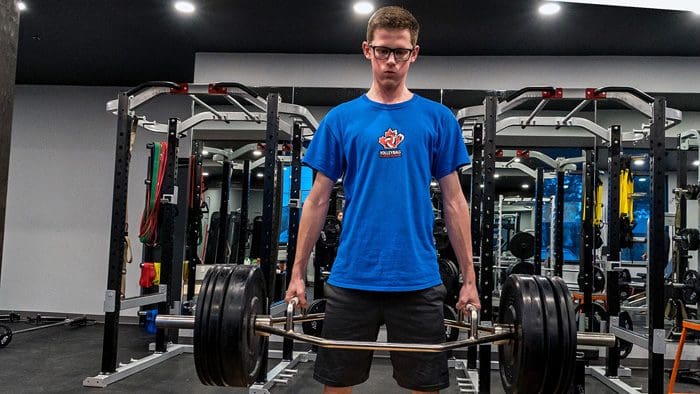
Sheddon Physiotherapy & Sports Clinics: Premier Care for Oakville and Burlington Athletes and Patients
Welcome to Sheddon Physiotherapy & Sports Clinics, your go-to destination for physiotherapy, chiropractic, massage therapy and sports medicine care in
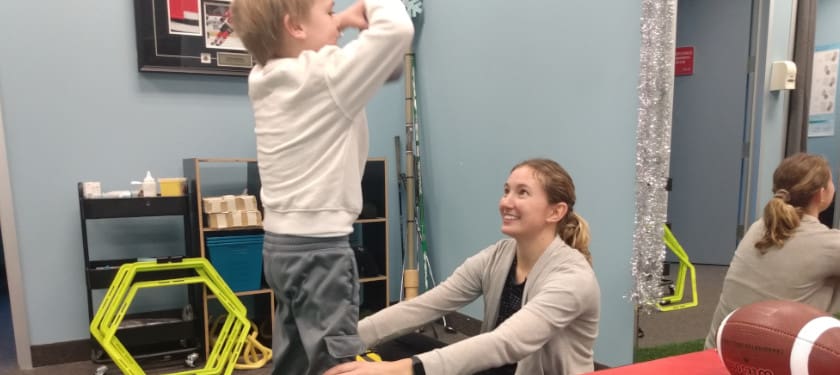
Pediatrics Physiotherapy at Sheddon’s Physio Clinics in Oakville and Burlington
At Sheddon Physiotherapy and Sports Clinics Oakville and Burlington, we specialize in treating a variety of injuries that children might
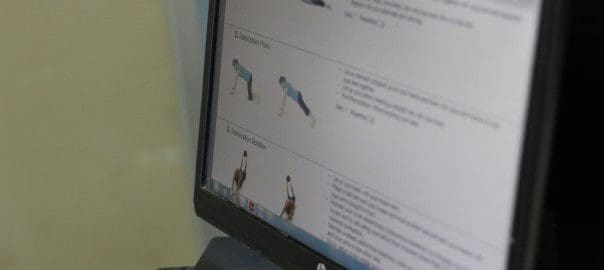
Individualized Therapeutic Exercise Programs in Oakville and Burlington clinics
Exercise plays an important role not just in maintaining fitness but also in preventing injuries and speeding up recovery. Engaging
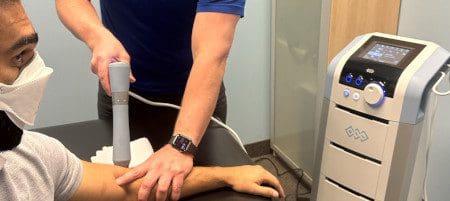
Shockwave Therapy in Oakville and Burlington Clinics. The Revolutionary Treatment for Pain Relief and Faster Healing
I. Introduction Shockwave therapy is a relatively new and increasingly popular treatment for a range of conditions. It involves the
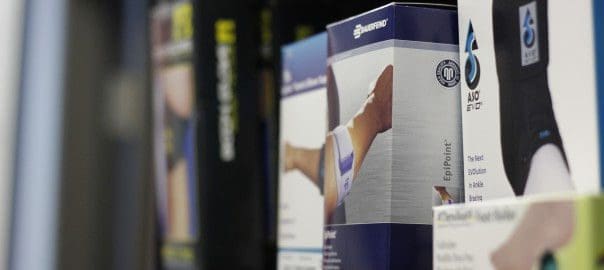
Therapy Supplies (Bracing) in Oakville and Burlington
At Sheddon Physiotherapy and Sports Clinics in Oakville and Burlington, we offer a wide range of therapy supplies and braces,
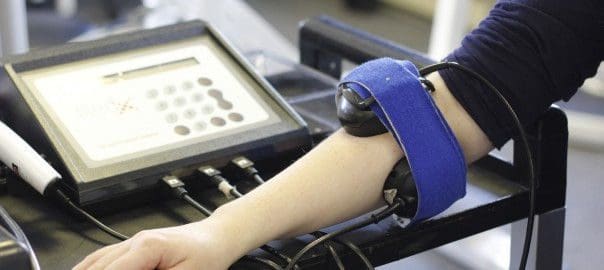
Laser Therapy Services in Oakville and Burlington Clinics
Laser Therapy at Sheddon’s Oakville and Burlington Clinics effectively treats both acute and chronic pain. By applying light therapy, we
